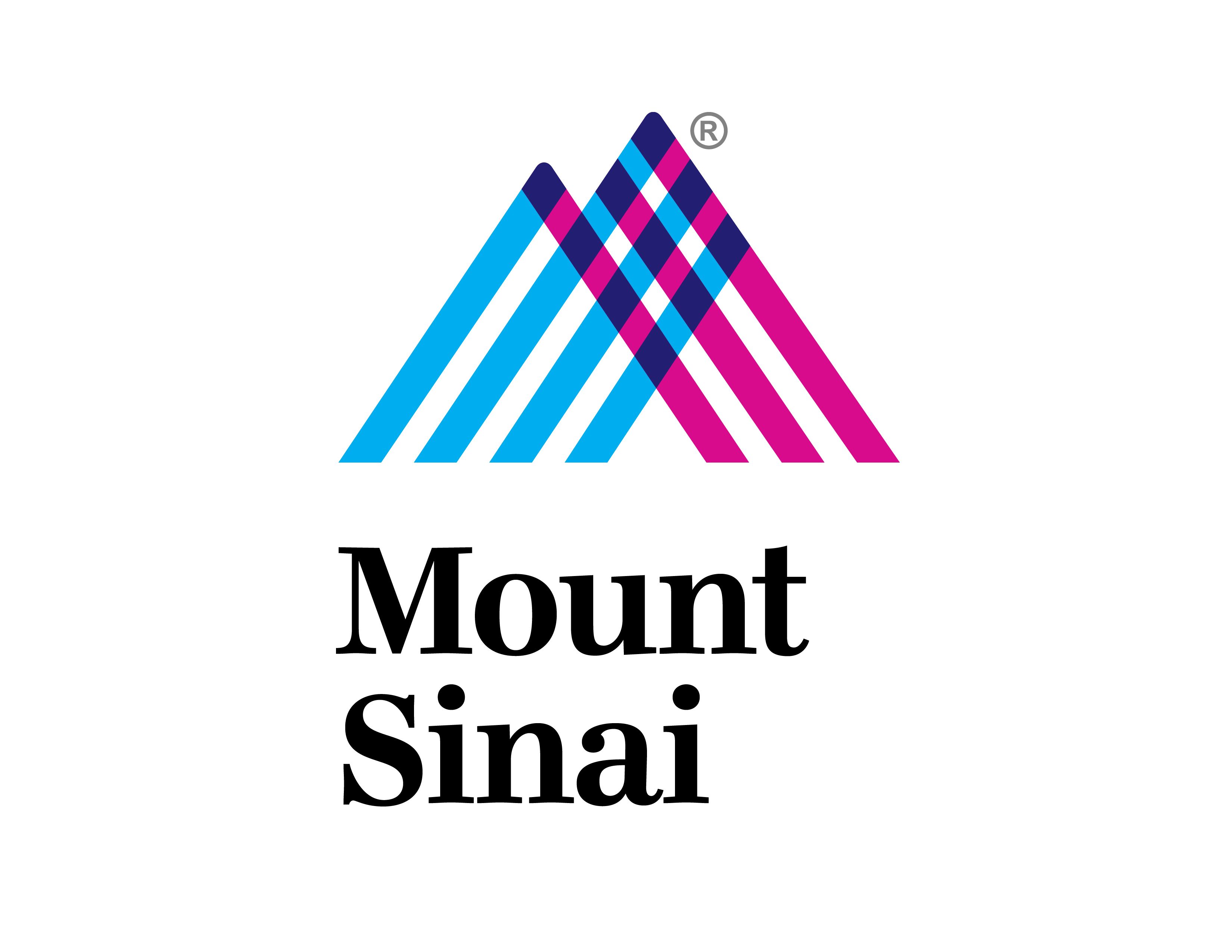
Linvoseltamab Approval Expands Access, Increases Competition in BCMA Bispecifics Space: Sundar Jagannath, MBBS

Following the FDA approval of linvoseltamab (Lynozyfic; Regeneron) for heavily pretreated multiple myeloma, Sundar Jagannath, MBBS, highlights its potential for earlier use, increased accessibility, and greater competition in the B-cell maturation antigen (BCMA) bispecific antibody space.
Following the recent
Revisit parts
This transcript was lightly edited; captions were auto-generated.
Transcript
What unanswered questions are you most excited to see explored in ongoing or future studies involving linvoseltamab?
It is moving to an earlier disease. As a matter of fact, there is a study called
We really think this drug is very effective and should move earlier and earlier in the course because [with] the most effective therapy given earlier, you can cure the cancer. Just as a patient or a common person, you want to cure the cancer on the first go-around. You don't want to tell them, "Oh, I have plenty of chocolate, so let's try this one. It's an incurable cancer, your cancer comes back, so I can do the next chocolate, but we will keep it in reserve." Or, if I ask you, "Listen, we'll use the best and cure you upfront." I think that you don't want to try to cure the cancer after it comes back. You want to be able to give the best [treatment first].
My feeling is that it's an important milestone. I'm very happy that the FDA approved it and the [European Medicines Agency] approved it in Europe. It will be widely available worldwide because the rest of the world looks up to these 2 agencies for approval of the drug.
Patients can have access to this medicine, and when you have more than one drug approved, there is no monopoly. It allows the market to play off, as you have 3 different [B-cell maturation antigen] bispecifics. That's also good for the patients, good for the community.
All in all, I think it is an important milestone that linvoseltamab got approved. I'm very excited personally, simply because we were a part of the LINKER-MM1 trial, and I had talked about the results at the [
Newsletter
Stay ahead of policy, cost, and value—subscribe to AJMC for expert insights at the intersection of clinical care and health economics.








